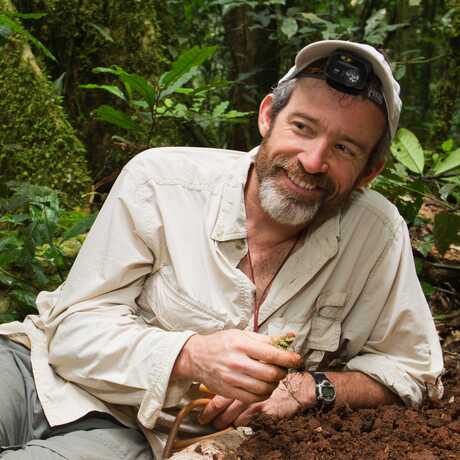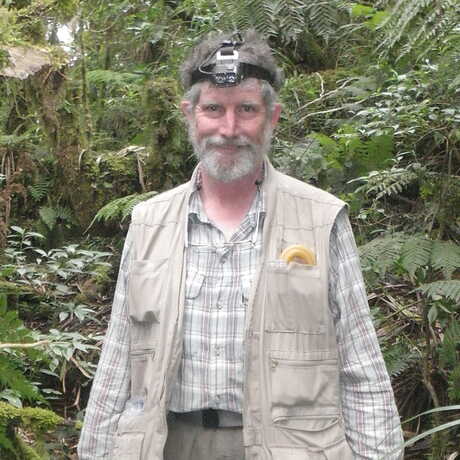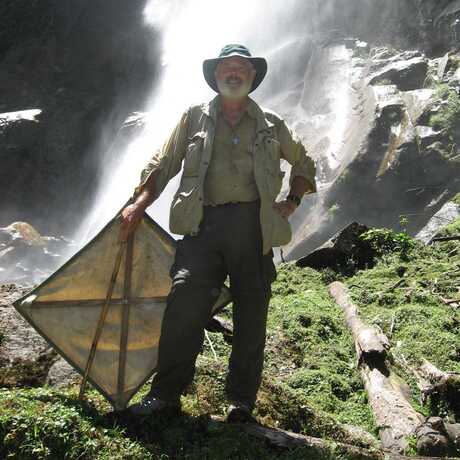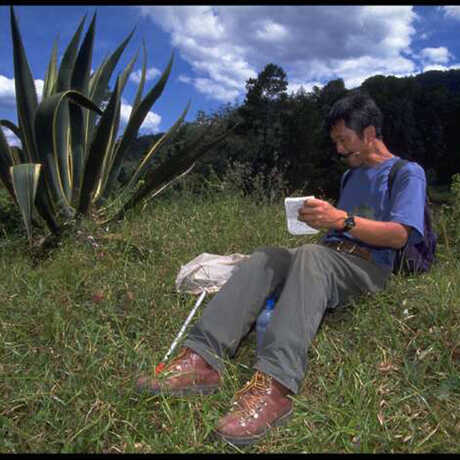I study the patterns and processes of evolution in scorpions and their fascinating venoms, spiders, and whip spiders. I am particularly interested in the interactions between biota, geology, and climate that have lead to the present-day assemblage of life on Earth. I feel that by understanding the history of life on Earth, we can make better informed decisions for enabling the present-day flora and fauna to continue to adapt and evolve.
I study the diversity and evolution of ants. In particular, I am interested in uncovering the diversity, origin, and radiation of ants across the southwest Indian Ocean. Concerns over deforestation on Madagascar led me to deploy Malaise traps with metabarcoding to monitor 50 forest sites. We also study how edible insects can be farmed at scale to alleviate pressure on endangered habitat while supplementing local diets.
As collection manager I'm generally responsible for all entomology and arachnology collections, but have particular research interests in the Lepidoptera. Most of my work is focused on the Southwest USA, but focus on the Pyraloidea and assorted basal lineages. I teach annually at the Lepidoptera Course in Portal, Arizona.
I describe spider diversity, focusing especially on Africa, Madagascar, Southeast Asia and South America. I formerly led the CAS Arachnology lab where I supervised twenty- two graduate students and ten postdoctoral researchers. I am a Fellow of the Willi Hennig Society and was President of the American Arachnological Society and the International Society of Arachnology (ISA).
Systematics, biogeography, evolution, and natural history of carabid beetles (Coleoptera: Carabidae).
Changes in the altitudinal distributions of montane carabid beetles as indicators of climate change.
Biogeography, ecology, and evolution of high-altitude, montane organisms and faunas.
General aspects of biogeography and evolution.
General principles and methods of systematics.









